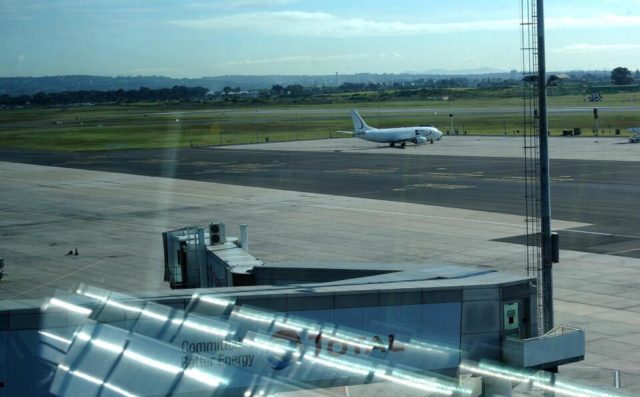From Thursday, October 1, the country’s borders will once again be opened for travel.
Durban – From Thursday, October 1, SA will open its borders and ports of entry to allow for the resumption of travel.
Speaking during a media briefing on Wednesday, ministers from the National Coronavirus Command Council gave necessary clarifications on how the borders will be re-opened for travel.
Department of International Relations and Cooperation, Naledi Pandor, said the gradual reopening of borders and ports of entry informed by a cautious approach meant that a limited number of ports of entry and borders will be opened from October 1.
“In reopening these selected ports of entry and borders we will be guided by epidemiological and transmission rates both in South Africa and the traveller’s countries of origin,” she said.
However, the following countries make up SA’s banned leisure travel list:
Dominican Republic
Ecuador
Faroe Islands
France
French Polynesia
Georgia
Gibraltar
Greece
Guam
Guatemala
Guyana
Honduras
Hungary
Iceland
India
Iran
Iraq
Ireland
Israel
Jamaica
Jordan
Kosovo
Kuwait
Lebanon
Luxembourg
Maldives
Malta
Mexico
Moldova
Monaco
Montenegro
Netherlands
Nepal
North Macedonia
Oman
Palestine
Panama
Palau
Paraguay
Portugal
Puerto Rico
Romania
Qatar
Russia
San Marino
St Marteen
Slovakia
Slovenia
Suriname
Switzerland
Trinidad and Tobago
Turks and Caicos Islands
Ukraine
United Kingdom
United States of America
US Virgin Islands
Venezuela
Travellers intending to visit the country will be expected to produce a PCR (polymerase chain reaction) test that is not older than 72 hours from the time of departure from the country of origin to South Africa. This test must be conducted by a certified medical practitioner and should have the name and signature of the practitioner who conducted such test.
Upon arrival in the port of entry, the traveller will be screened for any Covid-19 symptoms or for contact with people who have been infected with the Covid-19 virus.
Travellers will also need to provide proof of accommodation address should they need to self-quarantine at the time of arrival in the country.
Should the traveller display any Covid-19–related symptoms or been in contact with an infected person(s), they will be expected to take a mandatory Covid-19 test. This test will be at the traveller’s cost. If the Covid-19 test comes back positive, the traveller will be subjected to a 10 day quarantine at a designated site. The accommodation at a quarantine site will be at the traveller’s cost.
IOL







